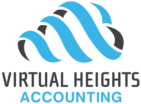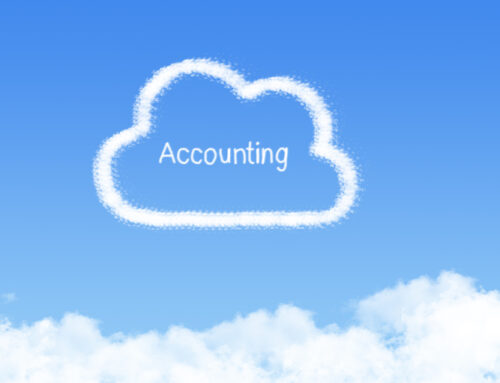When it comes to choosing a year end date for your Canadian corporation, there are a few things you need to take into account. Many business owners choose December 31st as their year end date. They think it will be convenient because it is the end of the calendar year, but this isn’t always the best choice when it comes to tax planning.
Continue reading to learn what you should consider when choosing a year end date for your corporation.
The Best Year End for Tax Planning
In Canada, your year end date is set when you file your first corporate tax return. When it comes to tax planning, a December 31 year end is the only year end date that doesn’t allow you the flexibility to split business income over two years. Choosing a date other than December 31 can be beneficial if you are expecting increased income in the next year, and you would like to minimize your taxes.
A non-calendar year end allows more flexibility in tax planning for shareholders. Because personal tax returns are based on a calendar year, it’s nice for corporations to have a year end that is not December 31.
Other Considerations
Incorporation Date and Cash Flow
Paying for year end financial statement and corporate tax return preparation is one of the largest accounting expenses a business will have. Incorporating your business is one of the biggest legal expenses a company will have. So, if you’re trying to manage your cash flow, it would make sense to spread these costs out. For this reason, you may want to select a year end date as far in the future as possible.
In Canada, your first fiscal period can be up to 53 weeks long. If you don’t owe any tax, you can file your corporate tax return (without penalty) up to six months after your year end date. This would result in accounting expenses approximately 18 months after your incorporation expenses. If your company owes tax and it’s a Canadian Controlled Private Corporation (CCPC), you must pay the tax three months after your year end. If your company isn’t a CCPC the tax amounts are due two months after your year end date.
Busy Season
While saving tax is important, you’ll also want to consider whether your business (or your personal life) has a busy season. If so, you may want to choose a year end date that falls after your busy season. This will give you more time to prepare your books and records for your accountant.
While it may seem like your accountant is the one that will be doing all the work to calculate your corporate taxes, you’re the one providing all the information. Year end can be a stressful time for business owners. If you have a retail store, you may want to consider choosing a year end date when your inventory levels are the lowest, so there is less to count.
In Conclusion
Choosing the right year end date for your Canadian corporation can be a complex decision. There are many things to take into account, such as tax planning, cash flow, and when your business is at its peak. When making your decision, be sure to consult with your accountant to see what would work best for both your business and your financial goals. For more advice on choosing a year end date, fill out this form to get in touch.





